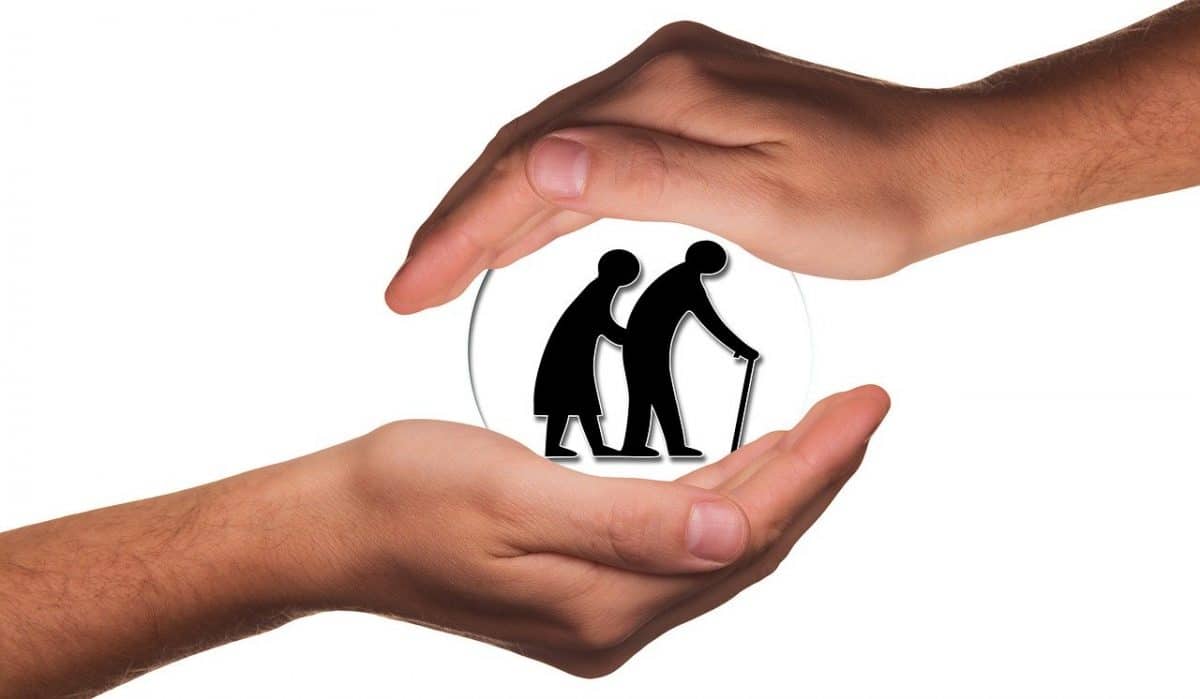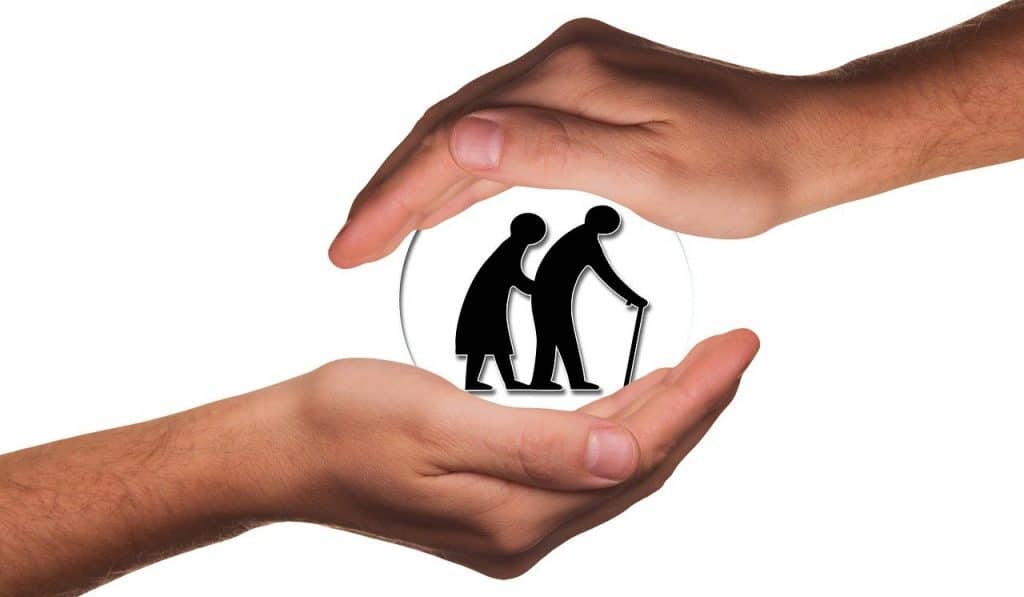

Image by Gerd Altmann from Pixabay
(RNS) — As a Christian living in a northern climate, I find it unfortunate that none of Jesus’ teachings directly speak to our cold weather situation, such as “The Parable of the Neighbor Who Never Shoveled Her Sidewalk” or “The Parable of Black Ice.”
Likewise, although Jesus called us to care for the sick, the weary, those in prison, etc., he didn’t give specific guidance about how to do that in the middle of a coronavirus pandemic. And so we’re left to think that through.
When it comes to the COVID-19 panic, our overriding principle might be from “The Parable of the Good Samaritan Who Tried to Help the Man Who Fell Through the Ice,” in which would-be rescuers are advised to first call for help. As the Minnesota Department of Natural Resources cautions, one should “resist the urge to run up to the edge of the hole. This would most likely result in two victims in the water.”

Jan Wijnants’ 1670 painting “Parable of the Good Samaritan.” Image courtesy of Hermitage Museum/Creative Commons
In trying to help others who are stricken with, or on lockdown from, the novel coronavirus, we should first be careful not to behave in a way that promotes further spread of the virus. The virus moves most efficiently person to person, via kerchoo-powered respiratory droplets, and so the more distance we can keep between persons, the harder that will be. If you’re moving through the community helping others as you’re “just finishing getting over a little cold,” you might be spreading the thing that everyone is trying to avoid.
With that in mind, what to do for those who need our help?
You need to find them first, of course. Our efforts are probably best focused on helping those who are at the highest risk of a serious corona infection: older people and those with chronic medical conditions, as well as those who may have a difficult time living through a period of self-isolation, which includes, in addition to those already mentioned, those with disabilities.
Remember, much of this can be done — and might best be done — via a phone call.
Help them stay home
The more they stay home, the less likely they are to become infected.
Make sure they have the food, medication, toiletries, etc., that they need, and if they don’t, see if you can get it for them. Leave these items on their doorstep if necessary.
Help them make a “sick plan”
Do they have a plan if they do get sick? As a physician, I’ve seen it many times: For older folks who are still living independently but under suboptimal or marginal conditions, even a simple bladder infection or a medication mix-up can send them tumbling.
For example, an upstairs bedroom might work OK until they get sick and weak. Then what? Can things be decluttered a bit so that pathways to the bathroom are clear? Could a spare bed be moved downstairs so they can live on that level for a while? Do they have an accessible and functional bathroom?
If they do get sick, Can they cook for themselves? Do they have a cellphone or a landline they can easily get to so that you or others can monitor them without risking undue exposure? Do they have a walker, cane, or wheelchair that they might need if they get sick? Find it. If they already use a cane etc. to get around, take a mental note of how safe and functional they look when using it. If their baseline looks dicey, an illness could make them bed bound.
If they do need physical, in-the-flesh assistance, the plan might be as simple as sharing a house or apartment key. If they get too sick to let anyone in, everything gets far more complicated.
If you’re trying to help an older couple, try to get a sense of who is helping whom. It might be that if the wife gets infected, the husband — sick-or-not-sick — might not be able to care for himself. Or vice versa. Likewise, are there pets in the home that might need care?
Help them prepare for the worst
Do they have a doctor? Do they have a list of their doctors? Is there a clinic or hospital that they would prefer?
Are there family members to contact if they were to get very ill? Perish the thought, but do they have an advanced care directive or a “living will”?
If they do become ill — with COVID-19 or anything else — how long do they want to hold out before getting medical help? Some are very resistant to this and might not want to leave their home or apartment until they’re deathly ill (literally). Should things deteriorate, it will help to know what you’re up against.
Protect yourself
If you do get physically involved in caring for someone with COVID-19, do so carefully and thoughtfully. For your own clarity, think through how far you would be comfortable/capable in going to help your neighbor, and if the situation goes beyond that, whom should you contact?
And remember: It doesn’t help anyone if you fall in, too. Protecting yourself is protecting others.
The Centers for Disease Control and Prevention gives specific guidance on how to care for someone who is sick at home. It may not be one of Jesus’ parables, but it’s good advice. Follow it.






